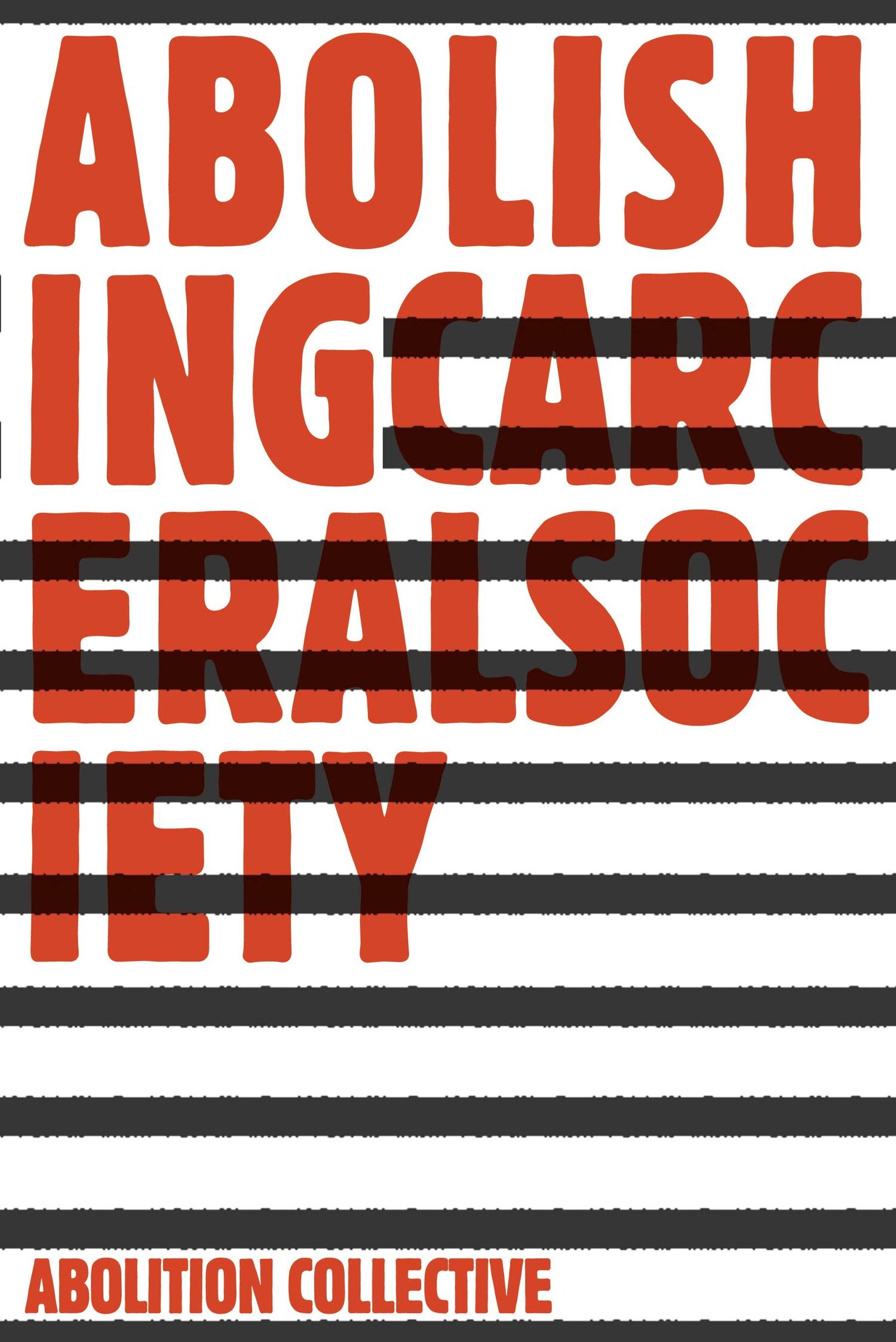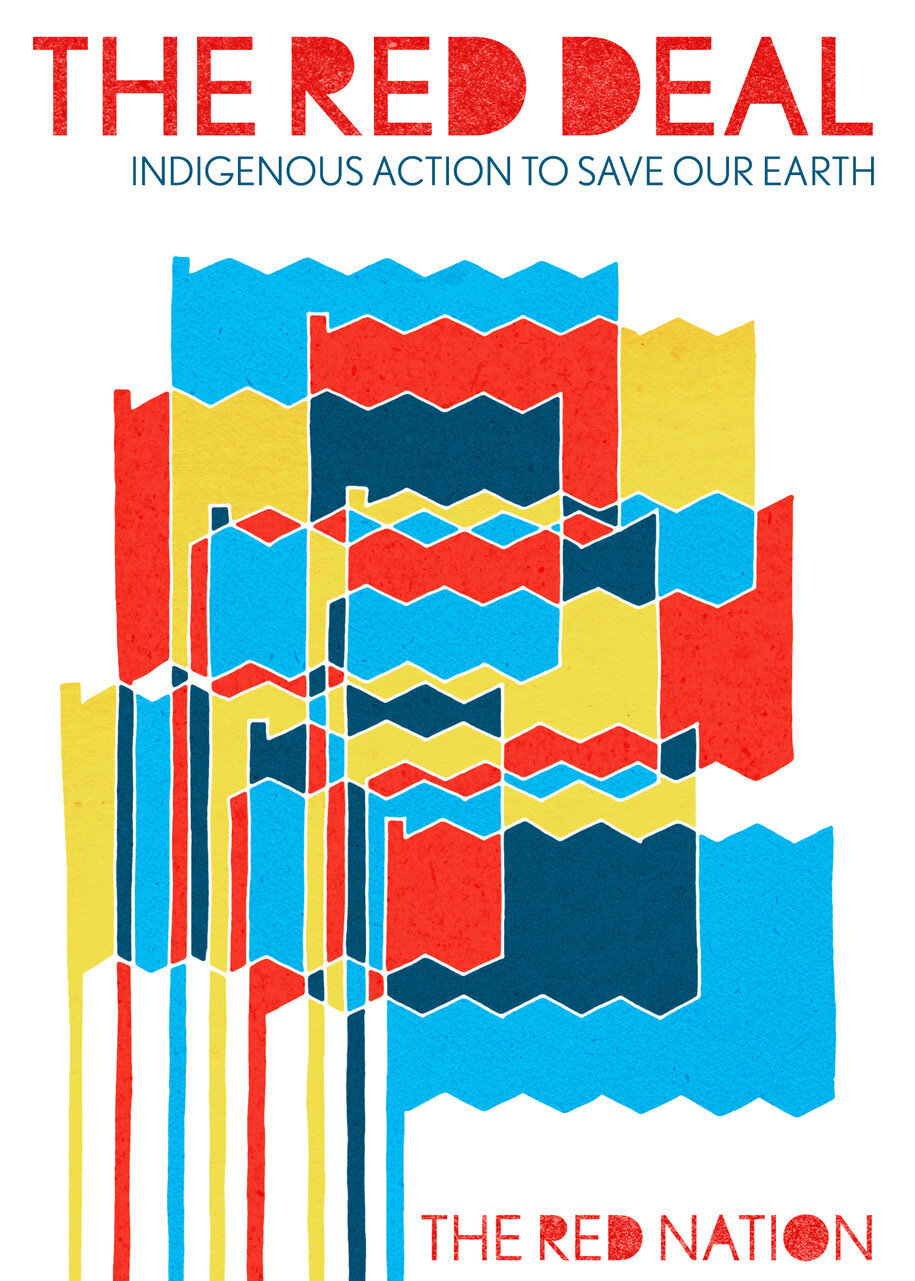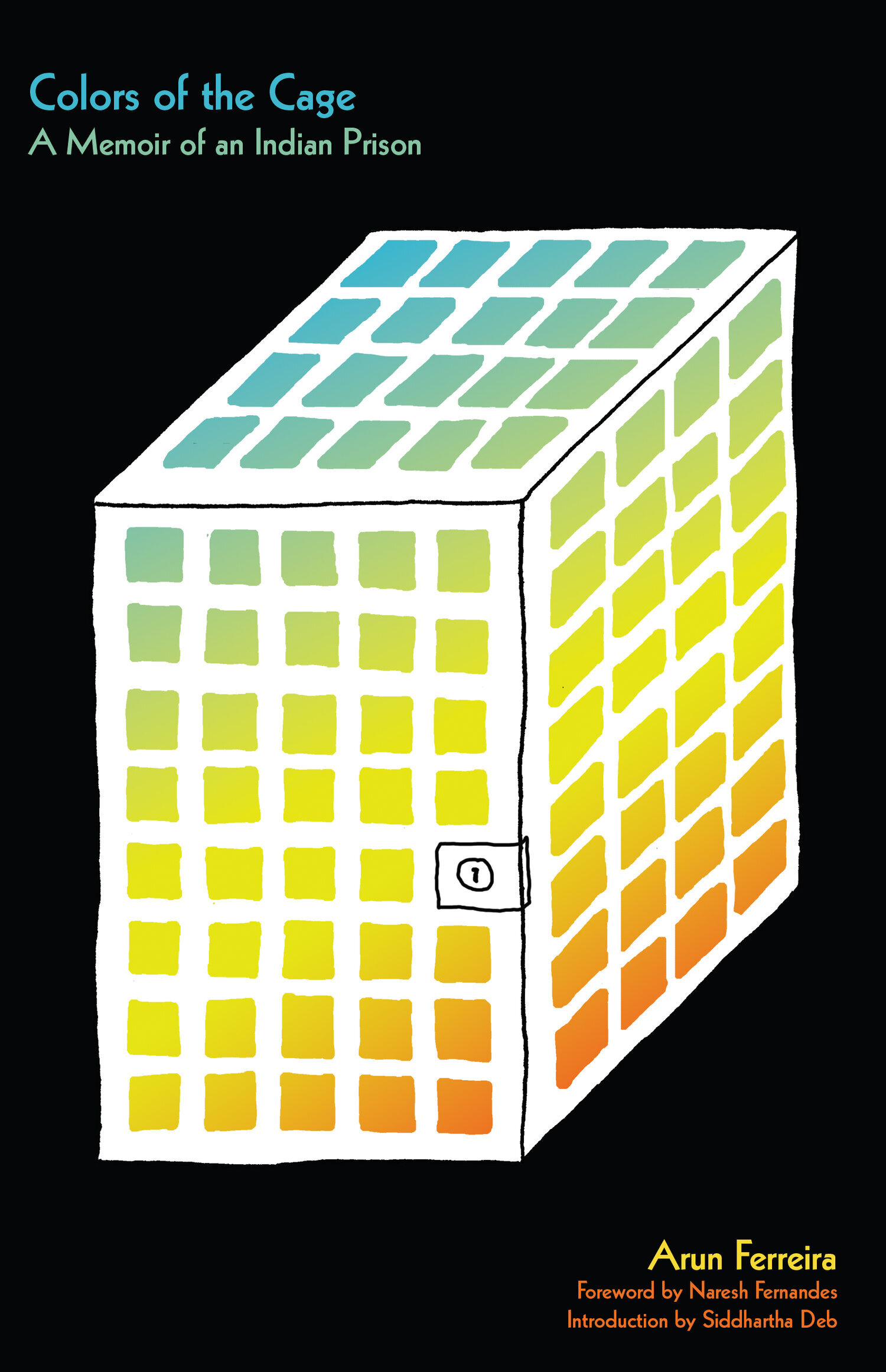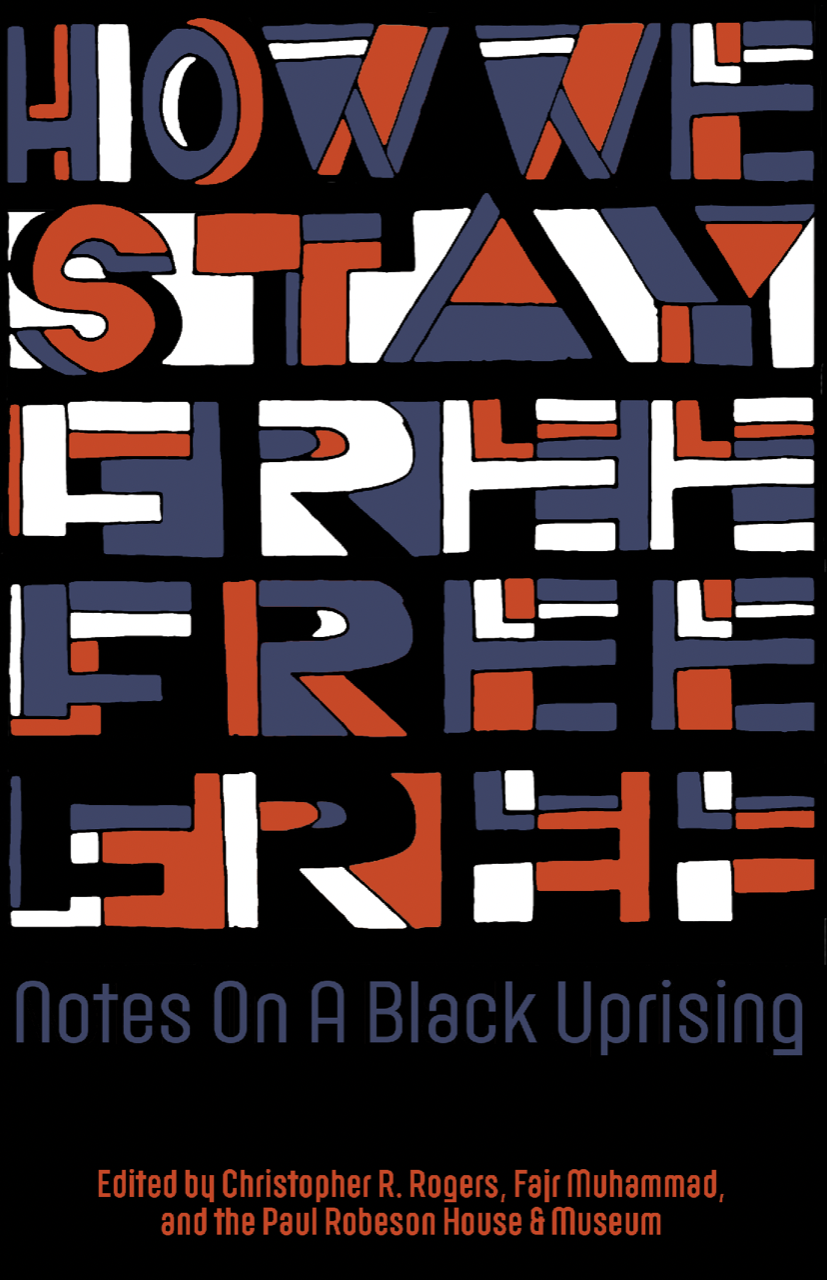Making Abolitionist Worlds: Proposals for a World on Fire
ABOlition: a journal of insurgent politics
Abolition Collective
What does an abolitionist world look like? Insights from today’s international abolitionist movement reveal a world to win.
Making Abolitionist Worlds gathers key insights and interventions from today’s international abolitionist movement to pose the question: what does an abolitionist world look like? The Abolition Collective investigates the core challenges to social justice and the liberatory potential of social movements today from a range of personal, political, and analytical points of view, underscoring the urgency of an abolitionist politics that places prisons at the center of its critique and actions.
In addition to centering and amplifying the continual struggles of incarcerated people who are actively working to transform prisons from the inside, Making Abolitionist Worlds animates the idea of abolitionist democracy and demands a radical re-imagining of the meaning and practice of democracy. Abolition Collective brings us to an Israeli prison for a Palestinian feminist reflection on incarceration within settler colonialism; to protest movements in Hong Kong and elsewhere, who use “abolition democracy” to advocate for the abolition of the police; to the growing culture in the United States of “aggrieved whiteness,” which trucks in fear, anger, victimhood, and a need for vengeance to maintain white supremacy; to the punitive landscapes that extend from the incarceration of political prisoners to the mass deportations and detentions along the U.S. southern border.
Making Abolitionist Worlds shows us that the paths forged today for a world in formation are rooted in antiracism, decolonization, anticapitalism, abolitionist feminism, and queer liberation.
Click here to get the Abolitionist Collective Bundle and save $12 (FUCK12)
PRODUCT DETAILS
Editors: Abolition Collective
Publisher: Common Notions
ISBN: 9781942173175 (print)
ISBN: 9781942173380 (eBook)
Published: October 2020
Format: Paperback
Size: 6x9
Page Count: 272
Subjects: Abolition/Prisons/Movements
"Abolition requires that we change one thing, which is everything. When one says prison abolition, one cannot be talking about only prison. … It's building the future from the present in all the ways we can." - Ruth Wilson Gilmore
aBOUT THE EDITORS
Abolition: A Journal of Insurgent Politics is a collectively-run project supporting radical scholarly and activist ideas, poetry, and art, publishing and disseminating work that encourages us to make the impossible possible, to seek transformation well beyond policy changes and toward revolutionary abolitionism.
advance praise
“This brilliant and absorbing collection of rigorous research articles, thoughtful political interventions, and innovative artworks is immensely important to the work of committed scholars, activists and organizers. There is much that teaches, fortifies, motivates and mobilizes here.”
—Laleh Khalili, author of Sinews of War and Trade: Shipping and Capitalism in the Arabian Peninsula and Time in the Shadows: Confinement in Counterinsurgencies
"Making Abolitionist Worlds is an urgent reminder that theorizing and practicing abolition must take place across prison walls and the boundaries imposed by the colonial state, heteropatriarchy, settler colonialism, white supremacy, and capitalism. Finally, here is a journal providing a platform capacious enough to embrace the insurgent knowledge of activists, the analytical rigor of scholars, and the visionary power of artists."
—Jackie Wang, author of Carceral Capitalism
“As the world we know is shattering more rapidly than we might have ever imagined, comes Making Abolitionist Worlds, an urgent call to build the new. These pieces movingly remind us that liberation will not transpire solely through opposition; it demands radical inquiry, imagination, creation. This collection brilliantly illustrates a core truth: we don't need ‘alternatives to incarceration,’ we need a wildly recreated society in which incarceration is unthinkable. Making Abolitionist Words will nourish and fuel struggles for transformation.”
—Maya Schenwar, author of Locked Down, Locked Out: Why Prison Doesn't Work and How We Can Do Better and coauthor with Victoria Law of Prison by Any Other Name: The Harmful Consequences of Popular Reforms
"Making Abolitionist Worlds is a rich and compelling mixed-genre collection of radical perspectives that makes an urgent contribution to abolitionist world-making. Inspiring and incisive, these political interventions advance collective and transformative revolutionary praxis—what we need, now more than ever. On fire, indeed!"
—J. Kēhaulani Kauanui, author of Hawaiian Blood and Paradoxes of Hawaiian Sovereignty and editor of Speaking of Indigenous Politics
praise For Abolition Collective
Abolishing Carceral Society is an immense contribution to contemporary struggles for freedom. The pieces in this collection provoke new questions that inform resistance strategies, and deepen our understandings of the systems we are seeking to abolish and the social relations we are working to transform. This collection will be a profoundly useful tool in classrooms and activist groups. The conversation happening in Abolition is essential reading for those participating in the thorny, complex debates about how we dismantle structures of state violence and domination. The writers and artists whose work makes up the inaugural issue of Abolition, rigorously explore the most pressing questions emerging in liberation struggles.
—Dean Spade, author of Normal Life: Administrative Violence, Critical Trans Politics and the Limits of Law
Abolishing Carceral Society is a wonderful mix of provocative ideas married with art, to help us consider a world without prisons, policing, and surveillance. Many of the submissions, however, are less concerned with dismantling what exists than they are with taking seriously that abolition is a project interested in building and in practical organizing. This comes through particularly in David Turner's essay, among others. Abolishing Carceral Society asks us some questions that we sometimes prefer to ignore, like ‘What does it mean to transform human relations?’ This inaugural issue from Abolition pushes us to ask a number of questions that are important to moving us toward an abolitionist horizon.
—Mariame Kaba, founder of Project NIA, and cofounder of Chicago Freedom School, Chicago Taskforce on Violence Against Girls & Young Women, and Love & Protect
Abolition is a crucial contribution to radical social movements. While fighting against prisons and the death penalty as instruments of class rule, the journal amplifies the voices of the incarcerated, actively engages with organizers on the ground, and builds bridges across multiple movements. The first issue, Abolishing Carceral Society, presents incisive interventions in the current debates about prison abolition and abolitionism as a political principle. It is a bold beginning for what will become an essential forum for all insurgent thinkers.
—Silvia Federici, author of Revolution at Point Zero: Housework, Reproduction, and the Feminist Struggle and Caliban and the Witch: Women, the Body, and Primitive Accumulation
From slavery to prisons, abolition has always been a project of courage and breadth. Abolishing Carceral Society brings to bear the reflective, transformative urgency needed to confront today's violent world order. Of the struggle, by the struggle, and for the struggle: this auspicious collection offers not answers but pathways down which contemporary abolitionists travel en route to a future freedom. Check out their words, scope their visions—heed their calls.
—Dan Berger, author of Captive Nation: Black Prison Organizing in the Civil Rights Era
Abolishing Carceral Society continues the radical, democratic tradition started by abolitionists to speak truth to power. In these dismal political times, it is a matter of the greatest urgency to create and sustain a counter-public sphere and an alternative print culture to sustain and expand American democracy. This remarkable and inspiring advocacy journal is poised to do precisely that for democratic activists as well as the broader lay public.
—Manisha Sinha, author of The Slave's Cause: A History of Abolition
The Abolition Collective embodies the kind of work anybody interested in justice should aspire to reproduce. Astute, rigorous, and uncompromising, the collective seeks to bring radical perspectives to a wide readership within and beyond academe. With the publication of its inaugural issue we are treated to the very best of revolutionary analysis. Anybody interested in upending a carceral and colonial order will find plenty of inspiration here. Something we all need and do well to pass along.
—Steven Salaita, author of Inter/Nationalism: Decolonizing Native America and Palestine
The Abolition Journal project offers a unique, revolutionary lens through which to view, analyze and fight against capitalism and patriarchy on the terrain of the prison-industrial complex. It aims to combine an abolitionist message with a democratic production process that prioritizes participation of those directly affected by incarceration. What a welcome and needed approach! I am confident the project will help intellectuals build ties of solidarity across race, class, gender, nationality, and other borders that block liberation and in its finest moments will help teach us, as Mumia says, to ‘fight with light in our eyes.
—James Kilgore, author of Understanding Mass Incarceration: A People's Guide to the Key Civil Rights Struggle of Our Time
Abolishing Carceral Society is a bold journal mapping new roads out of the inferno in which we live. As the editors’ Manifesto tells us, ‘abolition’ is a key strategy out of our carceral, slave-like society—the prison being the pivotal place for the perpetuation of an unjust political system. But the journal also sheds light on the many ways in which we’re imprisoned beyond the prison’s walls. With scholarly articles, poems and artwork, in a beautifully designed text, it asks us to open our eyes and support a liberation struggle against jails and jailers.
—George Caffentzis, author of In Letters of Blood and Fire: Work, Machines, and the Crisis of Capitalism and No Blood For Oil: Essays on Energy, Class Struggle and War, 1998–2017







